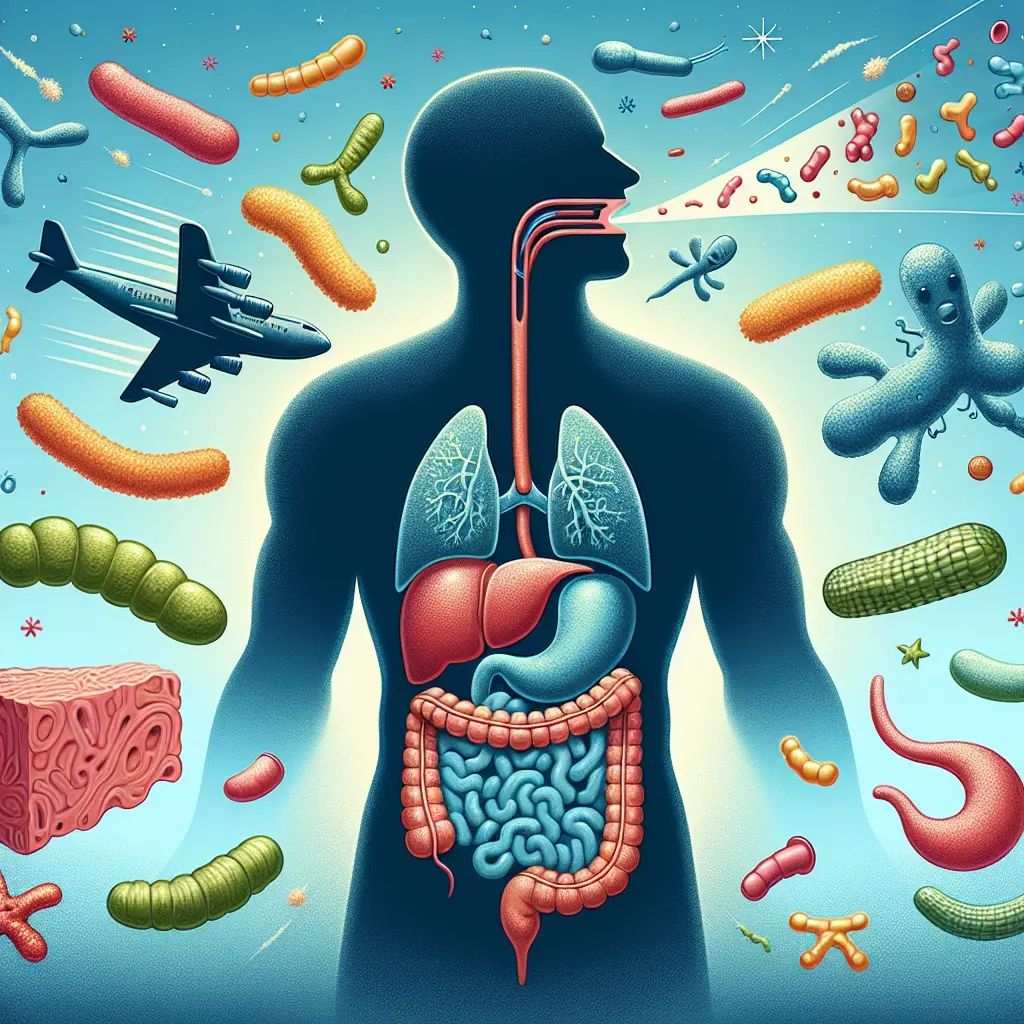
In the intricate dance of wellness and nutrition, the spotlight often shines brightly on a critical but sometimes overlooked player: probiotics. These microscopic guardians of our gastrointestinal tract are not just supplemental; they are foundational to our health. As research deepens and the global nutrition landscape shifts, the role of probiotics in digestive health has never been more pertinent.
Probiotics, the beneficial bacteria that reside in our gut, have a profound influence on our overall health, particularly our digestive and immune systems. The burgeoning field of probiotics research continually uncovers fascinating insights into how these microorganisms aid in digestion, bolster gut health, and contribute to our physical and mental well-being.
The Science Behind Probiotics and Digestive Health
Digestive health is pivotal to our overall well-being. It affects how we absorb nutrients, how our immune system functions, and even our mood. Probiotics play a crucial role by balancing the gut flora - the complex community of microorganisms in our digestive tract. A healthy gut flora promotes efficient nutrient absorption, protects against pathogens, and moderates our immune response.
The benefits of probiotics are vast. They help combat irritable bowel syndrome, inflammatory bowel disease, and diarrhea. They are also linked to beneficial effects outside the gastrointestinal tract, such as reducing the severity of colds and allergies.
Recent Advances and News in Probiotics Research
The field of probiotics is ever-evolving with continuous research and developments. A notable study on diabetes nutrition highlighted a Compound Annual Growth Rate (CAGR) of 5.3% during the forecast period, suggesting a growing recognition of functional foods in managing lifestyle diseases. Probiotic supplements, often included in these functional foods, can play a significant role in managing diabetes by maintaining a healthy gut microbiota, which in turn influences glucose and fat metabolism.
In an impactful move on health infrastructure and wellness, during the 78th Independence Day, Prime Minister Narendra Modi announced the addition of 75,000 new medical seats and emphasized a Nutrition campaign. This substantial increase in medical resources underscores the government's commitment to enhancing healthcare and potentially provides more opportunities for in-depth studies into probiotics' role in clinical nutrition.
The Role of Probiotics in Global Health Challenges
The discussion of global health challenges such as food security brings additional layers to the importance of nutritional research. For instance, Pakistan faces significant hurdles in food security, which directly impacts gut health at the population level. Understanding and integrating probiotics can be part of holistic strategies to improve health outcomes in such regions.
Similarly, public health alerts like the Boar’s Head deli meat outbreak illustrate the risks pathogens pose to vulnerable populations like the elderly. Probiotics can strengthen gut health and potentially provide additional defenses against foodborne illnesses.
Market Growth and Consumer Interest
The market's interest in probiotics is mirrored by its substantial growth. According to Allied Market Research, the Functional Food Market, which includes probiotic foods, is expected to reach $237.8 billion globally by 2033 at a CAGR of 3.4%. This growth is indicative of an increasing consumer shift towards preventative healthcare and wellness through diet.
Moreover, consumer curiosity in specific types of probiotics like Lion's Mane gummies has spiked, as evidenced by recent trends in Google searches. These products are being explored not just for gut health but for potential cognitive benefits, showcasing the broadening scope of probiotics applications.
Probiotics Sources: Beyond Supplements
While probiotic supplements are widely used, natural sources of probiotics include fermented foods like yogurt, kefir, sauerkraut, and kimchi. Incorporating these foods into daily diets can enhance probiotic intake naturally.
Educational initiatives can help people understand the benefits of integrating both natural and supplemental probiotics into their diets for improved digestive health and overall well-being.
Future Directions
As we look towards the future, the integration of probiotics into dietary recommendations is likely to increase. With ongoing research linking gut health to various aspects of physical and mental health, the potential applications for probiotics continue to expand.
Healthcare professionals are beginning to embrace probiotics not only for gastrointestinal health but also as part of comprehensive treatment plans for various conditions. This holistic approach could significantly improve outcomes for patients with chronic diseases and those recovering from infections.
Conclusion
The exploration into the world of probiotics reveals a promising ally in our quest for health and wellness. From enhancing digestive health to potentially protecting against pathogens, probiotics offer a range of benefits that are crucial in today’s fast-paced world.
By understanding and harnessing the power of these microscopic benefactors, we can take proactive steps towards maintaining not just a healthy gut but a healthy life.
In good health, Carter Brighton
With ongoing discussions about healthcare advancements and nutrition, staying informed about the latest in probiotics research can empower us to make better health decisions. As we continue to navigate the complexities of health and wellness, let us not forget the powerful role of simple choices in shaping our health destiny.